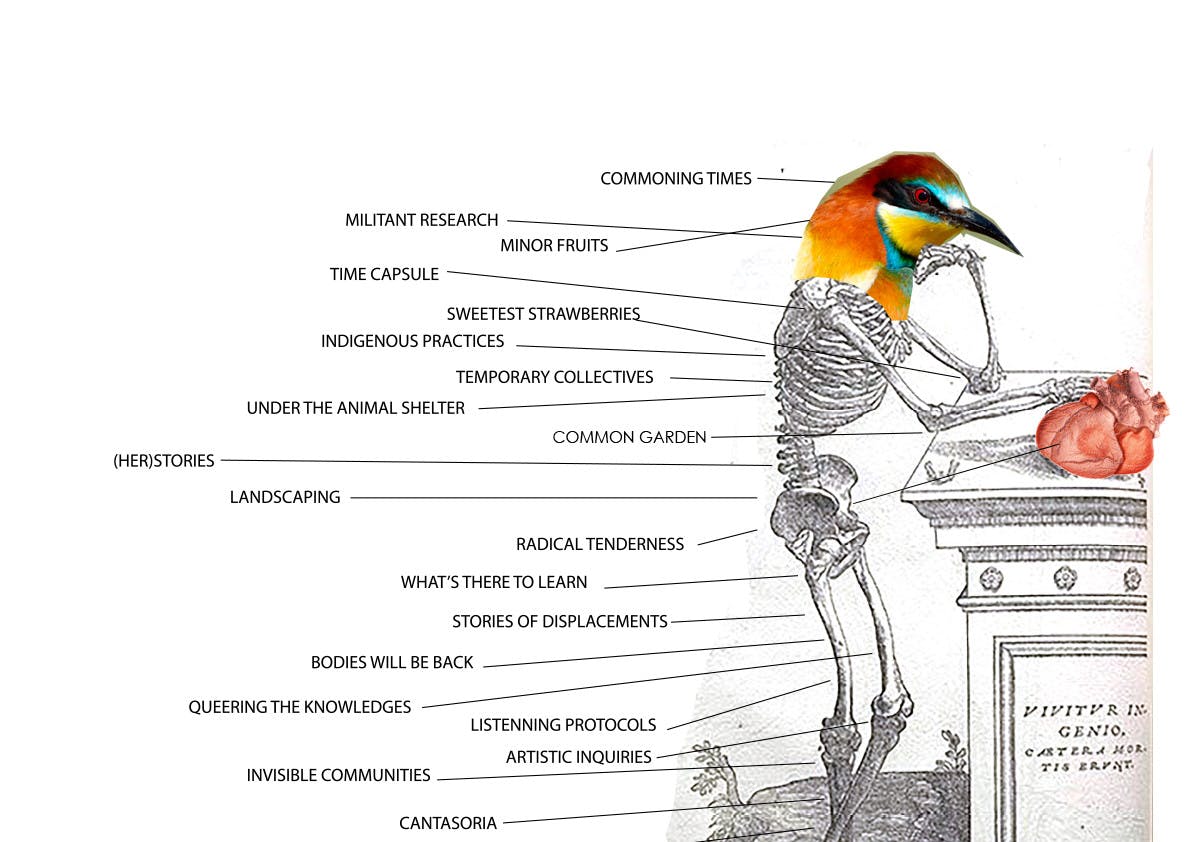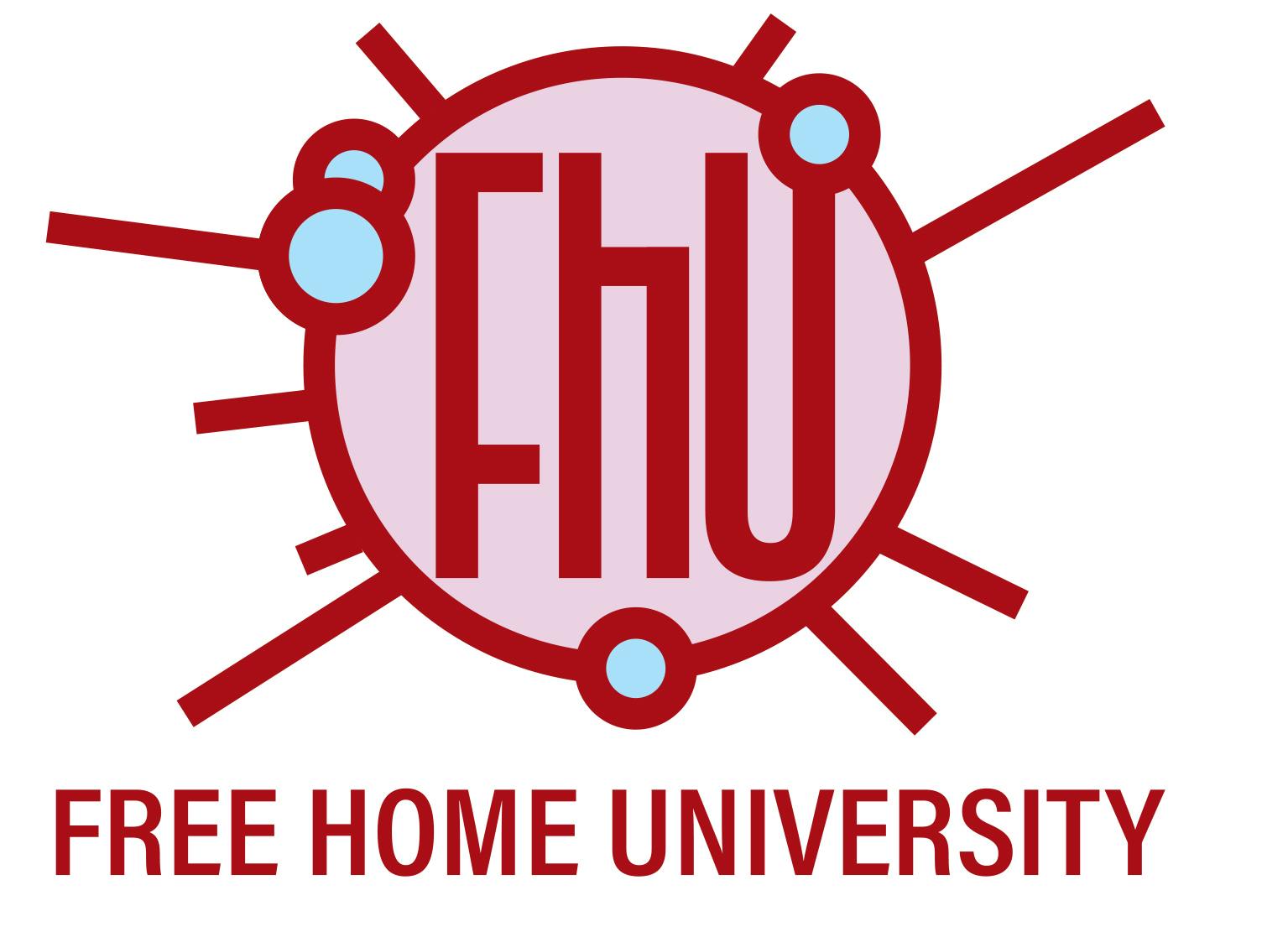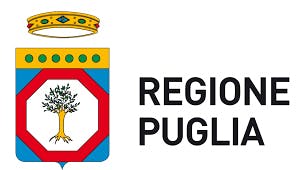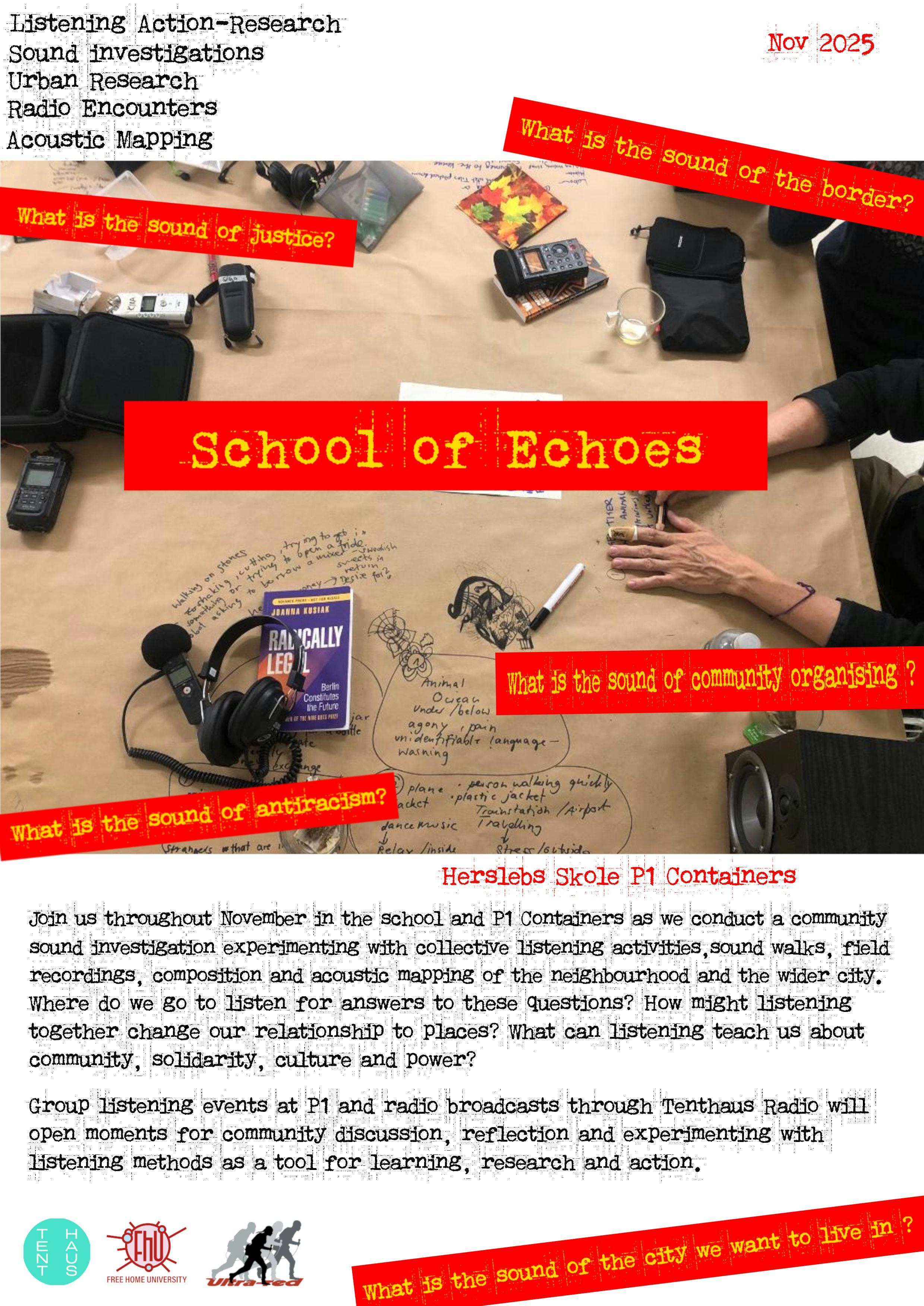A (very shortened) SUMMARY OF OUR FINAL CONVERSATION
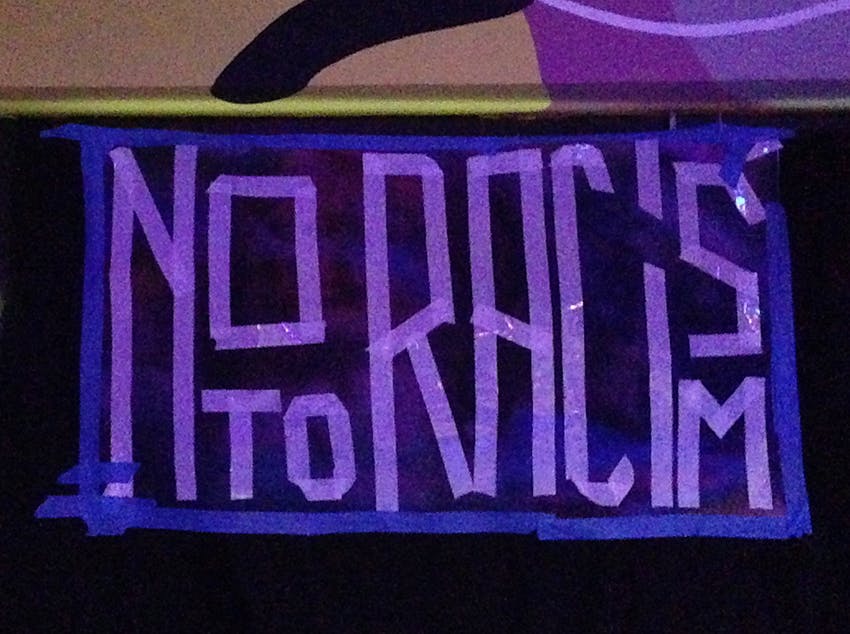
Olga: interesting to experience the work with the group and the different approaches (body/voice/African traditions, etc.). Would have liked sessions to be longer, or maybe also to have a place to live together. This may be very hard, to negotiate all habits/needs but I think it could be very powerful. Co-exiting more in the same space.
- For the future: Possibility of a deeper immersion. sharing more about all our geopolitical contexts
Ambrus: I felt good.
Friday: happy to have had the opportunity to speak about my problems. The racism I face. How can we stop it?
Augustin: thank you to all in the group for the opportunity to participate in these sessions. Past experiences in FHU also motivated me to participate in this session. Even in this world full of problems there are still people willing to make things better. In these sessions we have learned a lot, and it is wonderful. The aspect of racism is something very important to discuss. And not only just to mention it in a small place for a few people. How do we circulate this awareness also to people that don’t have the opportunity to participate?
It would be good to have more time, as it's not easy. The arrangement was ok but it would be good to have time for us to prepare to speak. To know when will be your time to speak. The time was too short. If you had to miss something there was not enough time to catch up.
- For future: more time. Think/come up with more strategies for circulating awareness about racism.
Ale: thanks to all, I know it was a huge effort for all. I was scared about this session exactly because we didn't have too much time but we really wanted to give some continuity to our relationships through the work we do, so step by step we can continue to walk together... To me it was very beautiful how Latoya facilitated, very different from the previous sessions, especially bringing in the African traditions. I’m very ashamed that in my city racism is still such a violent and present reality. This new space Crocevia, could be a good partner for the future actions or a place where you can meet even when we are not here.
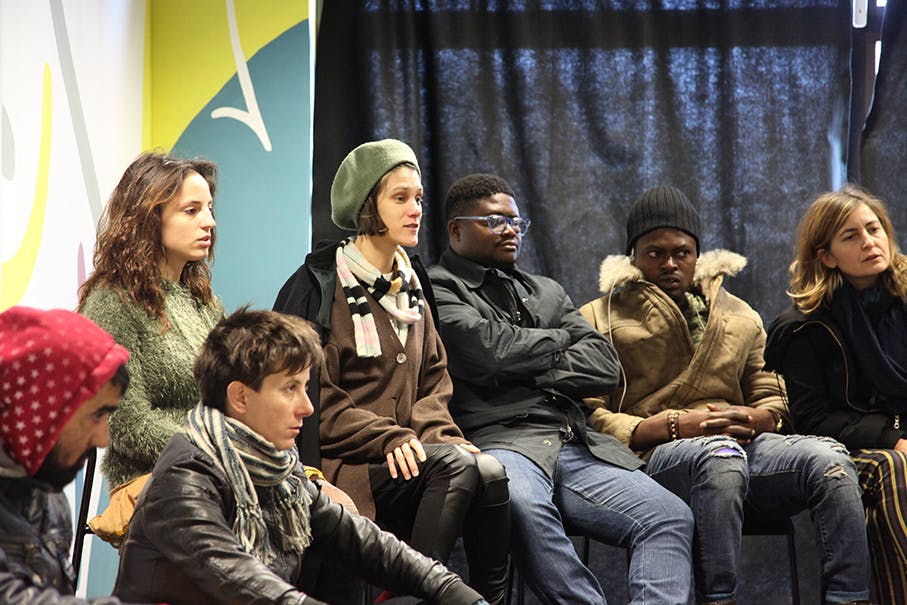
For the future: I would like to be more engaged to fight against racism and want to understand better how we can continue the work in that way. And in general, what can we do to prepare for the sessions together? And what can we do between the sessions?
Nico: I liked the idea of orixas as political metaphors, using them to understand and work through the struggles, not in a religious way. I appreciated how both Dani and Latoya with very different backgrounds brought a strong political sense to the sessions. I also enjoyed the relaxed time, the festivities and celebrations we had together.
Khalid (with translation from Salah): he liked all the activities.
Salah: One problem I see is that black people don’t get together on their own yet, they always have someone ‘facilitating’. How will you continue to organize? In the sessions sometimes I didn’t feel comfortable. The Italian people told me that when they were asked to give feedback one after the other, they didn't want to talk, and felt pressured. I feel if people want to talk, they should talk but not feeling forced... I know that in the fight you have to raise your voice but I felt uncomfortable. I really enjoyed the movement parts, it helped. I was comfortable with everyone apart from Friday (laughter)
Latoya: the awareness that we are very different people but we have a lot in common was very important for me. . I thought you, the group of refugees, Fuori Luogo, FHU group had already identified some problems in your previous work, I would also like to see more things happening in an empowered way. I felt still a bit of this ‘refugee supporting’ ways. I felt the group had interest on the stories of struggles of people but I didn’t feel so much interest in really tackling the issues. No one said I want help with my job, with a place to sleep, with a concrete thing. So maybe the organizing phase should happen now. In a way here you are in an even better position because here we were talking about structural things, which can be a very powerful political place to work from. I would really be happy to continue working and planning with you, on an artistic and political level.
- For future: the time allotted should be jointly planned and agreed in advance and people should commit to it so that we don't need to be constantly negotiating/adapting.
Dani: some discomfort may be good, whiteness is comfortable, I feel it may be good/necessary that white people felt uncomfortable to speak.
We cannot always be able to ‘not feel personally implicated’. On a personal level, in order to continue working together, I also need you to understand/support my struggle too, as a woman, and as a lesbian. I felt there was a violence in that comment we heard “you are so strong as a woman that you are a man”. I will not be silent if someone attacks you on the street because you are black, i hope you will not be silent either if someone attacks me because I am a lesbian. I feel we need to be thinking intersectionality to be strong as a movement and protect each other from the different kinds of violence the hegemonic hetero white colonialist system inflict on us, is so many different ways. I am saying this from heart to heart.
Suggestions for further sessions:
Nico: I would like to continue to work on issues around transfeminism/women rights also in connection to anti-racism issues
Olga: I would like to make a project here with my theatre group.
Salah: I suggest regular meetings to continue to talk about racism issues. Also connecting to other groups in other places.
Dani: no specific idea for a next session as I would like this to come from you here.
Ale: I want to discuss with you some possibilities
- lawyer friends could be interested in working with and in support of refugee community. Is this something you would be interested or that can be useful? They could offer free consultations / pro bono fees if you get organized around some questions to be discussed.
- Is there a group that is interested in meeting regularly somewhere to start organizing a campaign, a series of actions? Should we bridge with other political organizations in Lecce?
Thinking of a next FHU as anti-racist campaign making process.
Augustine: the problem is that in order to organize there is a need to be financed. It's hard to get people interested/committed. Look at this example now, it's the final night and only 3 of us are here.
Latoya: the question is not how many people. It can be one person that wants to organize. Then they can be joined by someone else, and someone else. Steps get identified along the way. It cannot be other people organizing for you. It doesn't work. No matter how good the will is. We, as human beings, cannot give ourselves 100% to a struggle that doesn’t affect us directly. You will call meetings and many times you will be one, or two. And many will benefit from what you are doing and many people will not say thank you. Many people will even criticise you, say that you are profiting from working with FHU, or for traveling/or performing etc. If you are only 3 you have to think of what steps you can take. And from there we all think on how we can support it, from each of our places.
The second issue is the question of sustenance. Don’t fall into the trap of saying “this work is too much; you have to do it for us”. You have to do it and then look for people that can join/support you in solidarity. This is how Ale started, believing that art can be a tool for political change and slowly people have been joining her.
Racism is not a black people problem. The truth is that racism is a white people problem, it was created by white people. Scientists were trying to prove things that were not true, like that black brains are worse than white. The church also played a big part in this. How can you start raising awareness, slowly? Maybe in church, getting opinions about it. I say church because many struggles started in church. In the U.S. for example. Many political messages were hidden into church/gospel songs in the black churches. (singing) “you have shoes, i have shoes, we all have shoes” . They were talking about equal rights. They were not allowed to meet, practice their own religion, and those were strategies to find their voices.
Nico: anti-fascists movement here could be in support of your struggle.
Latoya: Sometimes it's about challenging the legal system. Maybe a lawyer that helps defending the case of someone resisting the law, for example when one refuses to be deported. Also people looking into the laws and trying to find where to access some change. What we can do is helping make campaigns to make changes.
If someone suffers racism somewhere, like in church, seek legal help to file a case, or in case its’ not legally recognized, to help change that and make it be acknowledged as a crime. It's the decade of people of African descent in the UN, you can contact them. I can send you this info Augustine, and you can see how this can be applied in Lecce. And you take those steps to prepare before the next FHU.
Ambrus: some people have spent over 1 year and 6 months before the commission gathered and still it was negative.
Latoya: these are things you can challenge. Saying “this process is inhumane”. Making this known. In Germany there has been a lot of work in this sense. Before people were living in camps for even 15 years with no right to work, even to go to a language class. Now after 6 months if you find work they give you a working visa. I also work with doctors. When people need treatment, for mental health for example. In Germany, if your country does not offer you proper mental health treatments you cannot be sent back there. Often after the traumas people went through to get to Germany they suffer from mental health issues, depressions. They go to the doctor and they sign a paper saying that. And on the basis of that, they have a right to stay in the country because of mental health issues.
Friday: How am I supposed to survive after the project is finished? Even if I get my papers I cannot find work.
Salah: can you travel to other cities in Italy?
Augustin: if you get permission, you can stay away for about 3 days
Latoya: what possibilities you see to starting alternative campaigns here in Lecce? In Hamburg for example we started a campaign for housing. People with extra rooms housed over 300 people. Building structures outside of government or NGOs is possible.
Maybe there is still time for a campaign around Christmas. It needs someone who is very good with language, so that it doesn’t create guilt feelings in people, otherwise people don’t want to get involved.
Olga: have you considered creating your own jobs? Like teaching English
Augustin: how can we teach English if we don’t speak Italian?
Friday: for jobs you need connections
Latoya: the problem of racism is there. It may be a case of people saying “what you speak is not English”, or they don’t feel comfortable sitting next to you because you are black. Even in cleaning jobs this happens. When I used to do it, people often treated me so badly. They think “she is going to steal things”.
When people are struggling they have tried everything, they don’t need others to tell them what to do, like “teach English’.
Augustin: one situation that happened in school: a man had to take a phone call from his wife, who was pregnant and was not feeling well. The teacher didn’t allow him do it. The man went out. When he came back, the teacher didn’t want to let him back in. They argued and the teacher called the police. In my country, the police is not allowed in the school. Police came and told people to delete the video that was done to catch the fight and prove that the teacher was abusive.
Ale: Did you report this to the project?
Augustin: I didn’t. I didn't know about the full story. It was not my problem, and i know that Italians never go against each other. They always protect each other against a black man. You are different Ale, I tell this to you every time. They can twist the matter to defend each other. The story always ends in “we did not force you to come here”.
Latoya: your teachers need to have a good background on anti-racism. Maybe for this case of racist teacher you can write an anonymous letter. You gather signatures and people cannot ignore this. But also watch for the legal situation. The threats that may come from signing, or making this public in a newspaper.
Dani: maybe this would be a case for legal advice. Concrete advice on a specific case on best strategies to mobilize.
What we hold accountable of doing:
ALE:
looking for networks of solidarity in the local community:
- finding lawyers that are willing to align with the struggle. Propose that they give a ‘group’ session about certain pressing issues
- alternative housing for when project time finishes (through networks of solidarity)
- finding ways to make work contracts, internship which help in the process of staying.
- Check if local anti-racist festival/soccer team is willing to collaborate to a campaign or other forms.
LATOYA:
- looking for ways to connect Lecce group with people in Hamburg and Torino. Maybe also see about options of getting some of the people in Lecce over there.
- Artistically: if I am touring I want to pass by Lecce again. And maybe we could do something together in Lecce or Hamburg.
Augustin, Ambrus, Friday + broader Lecce Refugee rights group:
- Friday: will start a whatsapp group for anti-racist connections
- Augustin: will start a facebook group for anti-racist connections
- Ambrus: will report to others in the house about this and other meetings
- Make “Bodies will be back” whatsapp group. Initially adding only people present in the meeting. Others from the workshop can be added if briefed about the meeting and agreed to commit.
